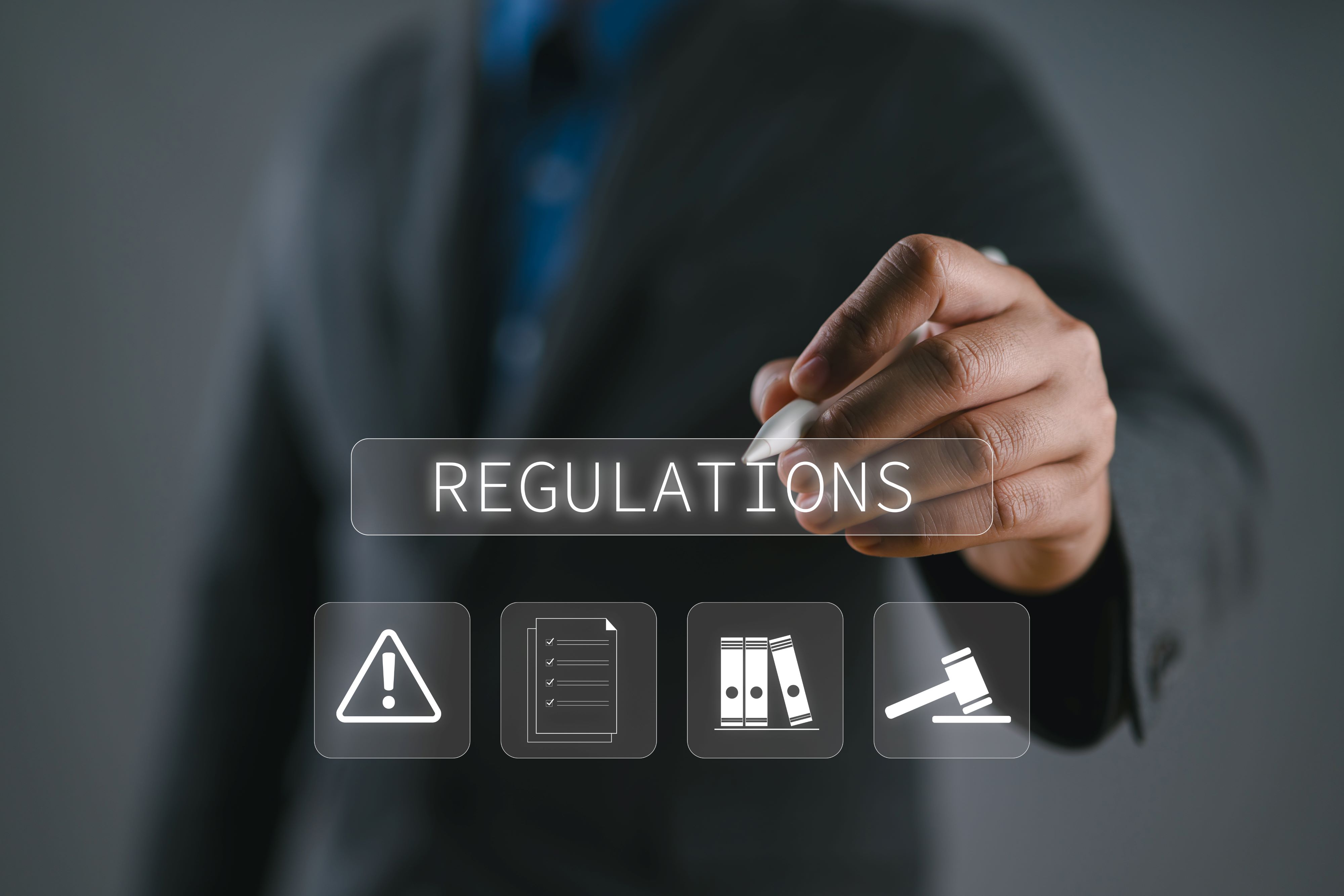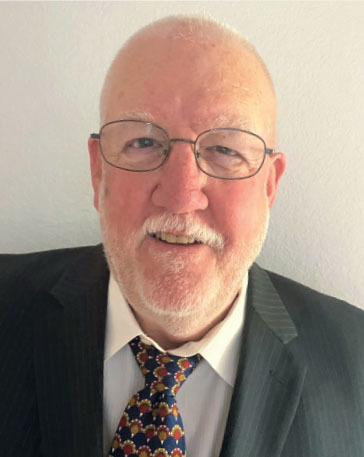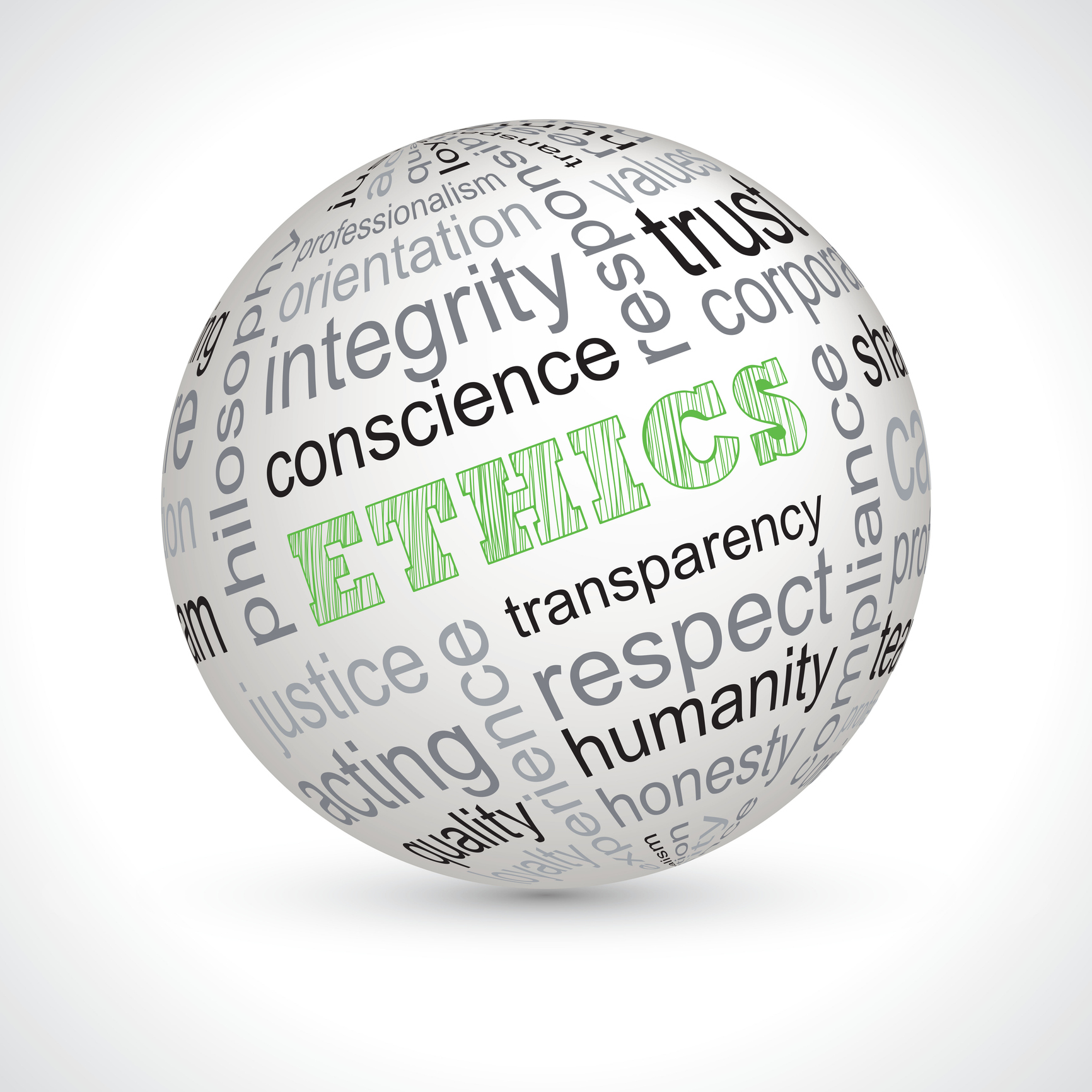November/December 2018
On Ethics
How to Protect Your Engineering License
By Lewis Tesser and Randall Tesser
 Bad things happen to good engineers. Each year, some well-intentioned professional engineers cross over the misconduct threshold, and many, many more are the subject of disciplinary investigations even though they have not committed an ethical violation. Therefore, it is worth discussing the factors triggering disciplinary investigations and the circumstances frequently attending disciplinary violations. Whether or not misconduct has been committed, avoiding even the appearance of ethical misconduct will save you time, money, and stress, and safeguard your license.
Bad things happen to good engineers. Each year, some well-intentioned professional engineers cross over the misconduct threshold, and many, many more are the subject of disciplinary investigations even though they have not committed an ethical violation. Therefore, it is worth discussing the factors triggering disciplinary investigations and the circumstances frequently attending disciplinary violations. Whether or not misconduct has been committed, avoiding even the appearance of ethical misconduct will save you time, money, and stress, and safeguard your license.
Communication, Communication
In any profession, the vast majority of complaints emanate from unsatisfied clients. The remedy is apparent: Keep the customer satisfied. The best way to do this is to maintain good communication. Timely and honest communication is the easiest and greatest step that any professional can take to reduce the likelihood of receiving complaints. What is involved?
Promptly return phone calls and emails. Whether you are working directly for a client or working through a contractor, whoever your point person is, keep them informed. When clients do not hear from you—even if you are hard at work—they may believe that their project is not important to you. Of course, you do not have to respond to each and every call. Establish a policy regarding response time and stick to it. If you are unable to respond, make sure to explain the reason for the unavailability and make a realistic promise as to when the call will be returned.
Document your work. Keep contemporaneous notes of relevant conversations, important events, time devoted, and expenses incurred. With good recordkeeping, you can show your clients all the hard work that you put into their projects. This will be especially useful if a bill is higher than usual.
Speaking of bills, clients should never be surprised. If you feel awkward having spent more time than expected on a project, that’s the time to communicate with the client. Let them know ahead of time if you expect a bill to be high and provide an explanation, using your well-documented records.
Be Wary of Ethical Gray Areas
While being a licensed professional involves certain privileges, it also limits the scope of your practice. There are certain activities that are prohibited for professional engineers to take part in, either because they are not the work of a PE, or because they pose a conflict of interest. NSPE provides a Code of Ethics for Engineers which, while not legally binding, is a good indication of professional norms and comports with many states’ legal obligations.
Be aware of local laws and regulations. Different states, counties, and municipalities impose different requirements on engineering practice. Regardless of where your license was issued, violating local rules and regulations can put it in jeopardy.
Not everyone who works at an engineering firm is licensed, and not every engineer works for a company that can perform and advertise engineering services. Make sure that your coworkers, your employees, and your company are not performing services that they are not legally permitted to. Laws and regulations vary from state to state, but red flags might be waving if an unlicensed employee’s work is not supervised or if a firm’s owner is not licensed.
Some states require PEs to report other engineers who violate ethical rules. You might be reluctant to report your fellow engineers, but it is your responsibility to carry out the obligations of your license. Be aware of your state’s reporting requirements, if any, and protect your license first.
Take Care of Yourself
No one wakes up in the morning and thinks, “I’m going to commit professional malpractice today!” Good engineers do make mistakes, and it is usually when they are at their most stressed. When work piles up, when money is tight, or when there are problems at home, cutting corners and neglecting duties becomes easier.
When stress is building, the only way to protect your license is to protect yourself. Find time to relax and do what you love. Read a book, work out, play music, spend time with friends. Whatever your thing is, do it! If you find that your stress is simply unmanageable, don’t be afraid to seek professional help.
Take Care of Each Other
Engineering is more than just your job, it’s your profession. You have the benefit of relying on your professional community for support. Join and participate in an engineering association or club and look out for your friends. Sometimes it’s easier to spot problems from the outside. If you notice a colleague making mistakes, compromising their ethics, or if something seems off, reach out to them. Support each other as engineers, and you could save each other’s careers.
Lewis Tesser is a partner at Tesser, Ryan & Rochman LLP, where he represents the interests of professionals. He is a past president of the New York County Lawyers’ Association and the founder of its Ethics Institute. Randall Tesser is an associate at Tesser, Ryan & Rochman LLP.


 Volunteering at NSPE is a great opportunity to grow your professional network and connect with other leaders in the field.
Volunteering at NSPE is a great opportunity to grow your professional network and connect with other leaders in the field. The National Society of Professional Engineers (NSPE) encourages you to explore the resources to cast your vote on election day:
The National Society of Professional Engineers (NSPE) encourages you to explore the resources to cast your vote on election day:



